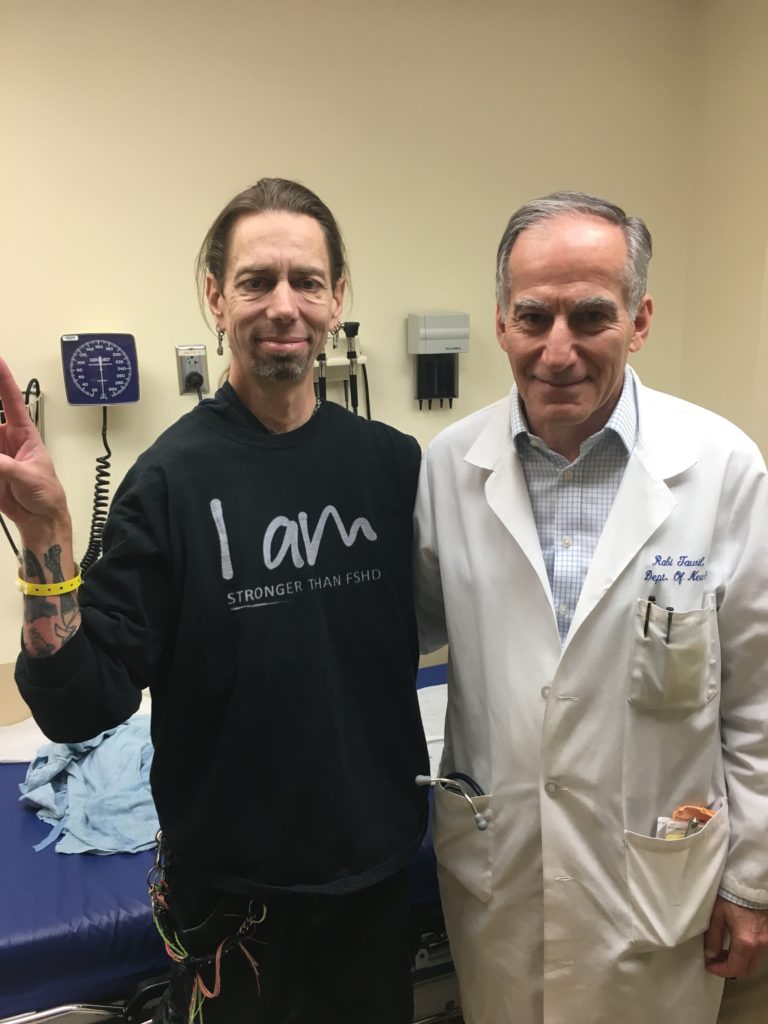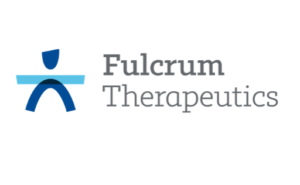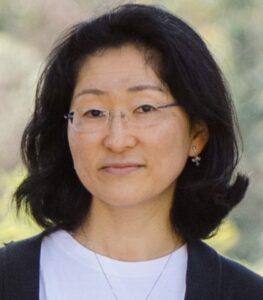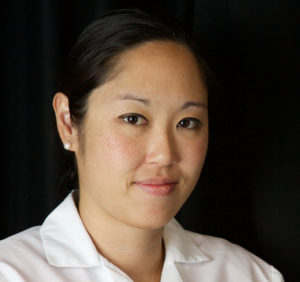
To crack the code of FSHD, patients are absolutely essential
All of the breakthroughs—the discovery of the genetic causes, understanding why some patients vary so greatly in the severity of their symptoms, teasing out the biochemical pathways that could point to future treatments—were made because patients stepped up to the plate.
Too often, we hear patients say they’ll volunteer when there’s a treatment. But we will never get to a treatment unless patients participate in fundamental research now. FSHD is uniquely human, so no laboratory mouse can ever fully model the disease. The genetic “package” that causes FSHD is found only in people. We owe an enormous debt to the patients who give DNA samples. Who submit to long interviews and exhausting physical tests. Allow a surgeon to cut out a small muscle sample. Who fight claustrophobia to lie in the narrow bore of an MRI machine.
Equally important are patients’ family members, both affected and unaffected, who provide the best experimental controls because of their shared genetic and environmental backgrounds. A parent or sibling who has very mild symptoms may hold the key to understanding the factors that protect against the full-blown development of FSHD symptoms in a more severely affected family member.
We are more hopeful today than ever before that a treatment is within sight. We cannot guarantee when that treatment will arrive, but here’s one thing we guarantee: If you volunteer for research, your participation will without question help move us a step closer to that day.
Scientific Overview of FSHD
Read the latest on wikipedia
Glossary of Scientific Terms
FSHD University Webinar – Fulcrum Clinical Trial Results
Join us on June 24 at 4:00 pm US ET for this special webinar on the findings from Fulcrum Therapeutics’ ReDUX4 clinical trial. The Fulcrum team will be sharing the… Read More »
Dynamics of DUX4 downstream networks
by Lawrence J. Hayward, MD PhD, University of Massachusetts Medical School To develop robust therapies for FSHD, we need a better understanding of the sequence of events occurring at the… Read More »
FDA grants fast track designation to Losmapimod
CAMBRIDGE, Mass., May 12, 2021 (GLOBE NEWSWIRE) — Fulcrum Therapeutics, Inc. (Nasdaq: FULC), a clinical-stage biopharmaceutical company focused on improving the lives of patients with genetically defined rare diseases, today announced that… Read More »
A researcher’s journey into FSHD
In this FSHD University Webinar from April 15, 2021, Angela Lek, PhD, a research scientist at Yale University School of Medicine, speaks about how her husband’s diagnosis with limb-girdle… Read More »





